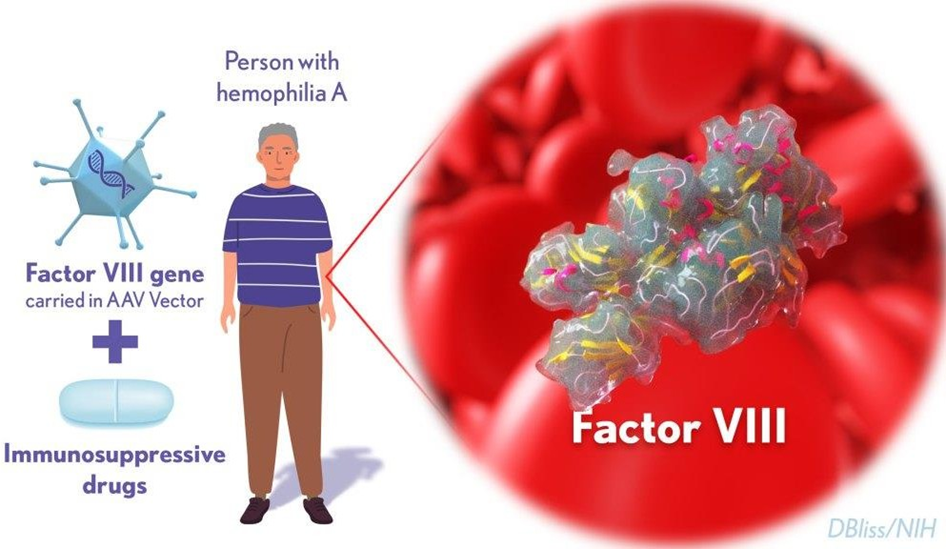Which of the following disorders is a deficiency of factor VIII?
Hemophilia A
Hemophilia B
Christmas disease
Sickle cell disease
The Correct Answer is A
A. Hemophilia A: Hemophilia A is caused by a deficiency of factor VIII, leading to problems with blood clotting.

B. Hemophilia B: Hemophilia B is caused by a deficiency of factor IX, not factor VIII.
C. Christmas disease: Christmas disease is another name for Hemophilia B, which is caused by a deficiency of factor IX.
D. Sickle cell disease: Sickle cell disease is a genetic disorder affecting hemoglobin, not a clotting factor deficiency.
Nursing Test Bank
Naxlex Comprehensive Predictor Exams
Related Questions
Correct Answer is B
Explanation
A. Reticulocyte count: Reticulocyte count measures immature red blood cells and is not the primary measure for the effectiveness of filgrastim, which is used to boost white blood cells.
B. White blood count / Absolute neutrophil count: Filgrastim (Neupogen) is used to increase white blood cells, specifically neutrophils. Therefore, monitoring the white blood count (WBC) and absolute neutrophil count (ANC) is the appropriate way to determine the effectiveness of the drug.
C. Total lymphocyte count: While lymphocytes are a type of white blood cell, filgrastim primarily affects neutrophils, making WBC/ANC a better indicator.
D. Platelet count: Filgrastim does not directly impact platelet production, so platelet count is not the primary measure of its effectiveness.
Correct Answer is C
Explanation
A. Clotting is not directly related to the destruction of red blood cells.
B. Cyanosis refers to a bluish discoloration of the skin due to poor circulation or inadequate oxygenation, which is not directly indicative of red blood cell destruction.
C. Jaundice is the yellowing of the skin and eyes caused by the buildup of bilirubin, a byproduct of the destruction of red blood cells, which is a common symptom of hemolytic anemia.
D. Bleeding is not a symptom associated with the destruction of red blood cells but rather a lack of clotting factors or platelets.
Whether you are a student looking to ace your exams or a practicing nurse seeking to enhance your expertise , our nursing education contents will empower you with the confidence and competence to make a difference in the lives of patients and become a respected leader in the healthcare field.
Visit Naxlex, invest in your future and unlock endless possibilities with our unparalleled nursing education contents today
Report Wrong Answer on the Current Question
Do you disagree with the answer? If yes, what is your expected answer? Explain.
Kindly be descriptive with the issue you are facing.
